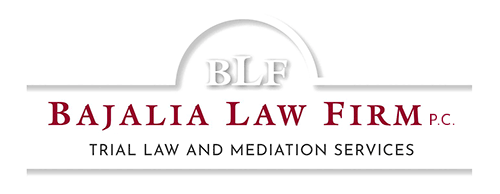Not so very long ago, hazing was considered part of pledging a fraternity, joining a sports team or being accepted into an elite club. In recent years, however, it seems like we’ve seen more incidents of hazing rituals and pranks gone horribly wrong. Most of the fatalities that have resulted from hazing involve either alcohol poisoning or accidents or medical events caused by alcohol.
States across the country have enacted laws that address hazing. They typically involve criminal penalties for those involved and sanctions and regulations for the college or university.
What does the law say?
Georgia law defines hazing as “an activity which endangers or is likely to endanger the physical health of a student, or coerces the student…to consume any food, liquid, alcohol, drug, or other substance” that’s likely to make drunk, throw up and/or pass out “regardless of a student’s willingness to participate in such activity.” The law notes that the coercion can be “social or physical pressure.”
This offense is a “misdemeanor of a high and aggravated nature.” Of course, if someone is harmed or killed, anyone directly involved in the incident could face more serious charges. Anyone involved in hazing is likely to face consequences from their school as well.
It can sometimes be difficult for law enforcement and prosecutors to determine precisely who in a group did what in a hazing incident, even with photos and video. People are likely to have very different accounts of what happened and who did what.
If your child is facing hazing and possibly other charges, it’s crucial that they have their own legal guidance to protect their rights and present their case. This can make all the difference to their future.

